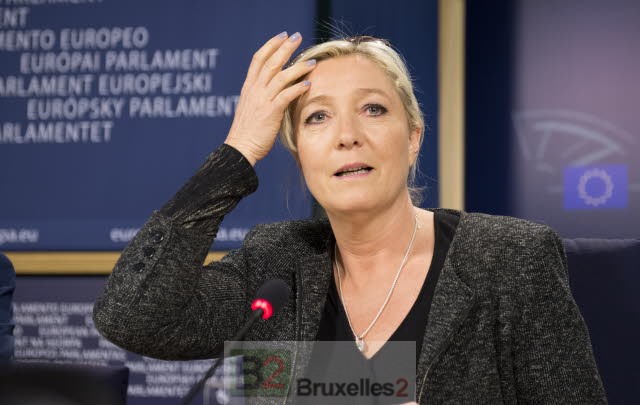Resignation of the Valls government. A French anachronism?
(BRUSSELS2) The reaction of the Prime Minister, Manuel Valls, as of the President of the Republic, François Hollande to resign the government... after the declarations of Arnaud Montebourg, caused surprise. If it appears as a "healthy" act of authority in France, it can nevertheless sound outside French borders a bit like a French anachronism.
An act to establish authority
This mark of authority, very French, a little Napoleonic, may appear a little out of place in relation to the facts themselves and in a modern conception of government. Admittedly, the Minister of the Economy's criticism of the government's economic policy was strong. Admittedly, it cannot be exempt from criticism on the fund. The arguments used—Germany is causing French ills—appear a bit like a hackneyed argument. And it is not exempt from electoral ulterior motives. But Arnaud Montebourg is used to these blows intended to heal his political stature and which have so far allowed the government to heal his left wing a little jostled by the changes of course. Moreover, it is not incongruous in the mouth of a socialist leader and appears in line with the electoral campaign held by Fr. Hollande. Better still, it may even appear, in a way, quite consistent with what Paris is calling for at European level – a relaxation of the pace of deficit reduction – even if the arguments are slightly different.
The habit of "silence in the ranks"
In many governments in Europe, while criticism of government policy is not a "national sport", the expression of different sensitivities and opinions on the policy to be followed by the government is not exceptional, especially in coalition governments. The "champion" of the diversity of opinions in this matter certainly remains Belgium. The government, made up of half a dozen parties, is quite elastic on points of view. And it is not uncommon to see a member of the government express different views or even question a government decision outright. We had seen it in the past on the nuclear shutdown, we saw it more recently on the overflights of Brussels. Even in Germany, where the habit of discipline is probably stronger, we heard very different points of view, sometimes within the same party, on the attitude to take with the Euro, Greece. As a result, the French "discipline" of the genre "silence in the ranks", illustrated in the past by JP Chevènement - a minister who shuts up or resigns - thus does a little "task".
The end of the majority
The act of authority taken by François Hollande, if he will be able to satisfy certain partisans in the short term, thus reveals an increasingly short majority. The government of Manuel Valls had already lost the environmentalist ally. He is in the process of losing a certain part of the PS, which cannot be reduced to its most leftist wing. At one point, it couldn't be more symbolic. In September, the government will lose the absolute majority it had at the national level. According to all projections, the Senate should indeed go back to the right. Manuel Valls' act of authority will thus quickly appear as the mark of a clear government weakness.
(NGV)
